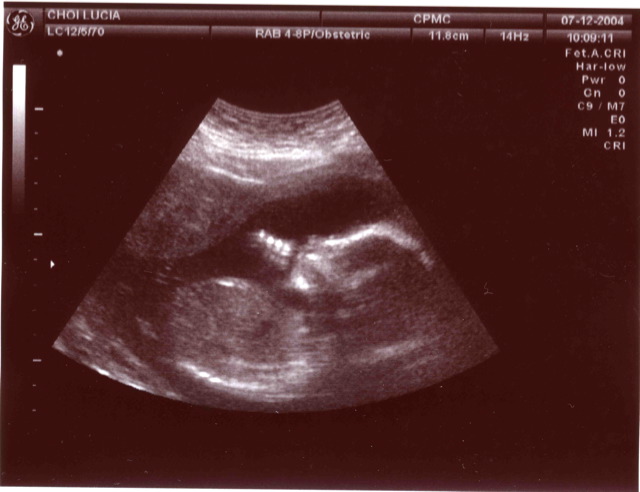A pregnant mother's immune system appears to converse chemically with a developing baby's brain and this might be responsible for some forms of autism, US scientists have discovered.
About one child in every one hundred has autism. It's a developmental condition  linked to problems with speech, social and behavioural difficulties.
linked to problems with speech, social and behavioural difficulties.
Scientists don't know what causes autism, but in some cases the problem has been linked to infections suffered by a mother during her pregnancy.
Now, working with mice that develop the rodent equivalent of autism, Howard Hughes Medical Institute researcher Dan Littman and his colleagues have uncovered evidence for a chemical conversation going on between the immune system of a pregnant female and the brain of the developing foetus.
The team challenged their mice with an injection of material that activates the immune system like a viral infection would.
The animals produced high levels of an immune signal called interleukin-17 (IL17), which is produced by a population of white blood cells known as TH17 lymphocytes.
This IL17 signal, they found, is able to cross the placenta and get into the brain of the growing baby where it can affect neural development, shifting both the pattern of gene expression and the structure of the forming brain.
Mice born after this treatment showed behavioural abnormalities analogous to children with autism. But when the researchers soaked up the IL17 in the the mother's bloodstream by injecting her with antibodies designed to block the signal, the resulting baby mice were behaviourally normal.
Similarly, female mice lacking the gene needed to make IL17 gave birth to normal babies, while injecting IL17 into the mother or the foetus resulted in babies with autism-like tendencies.
There appears to be a window period when the developing infants are most vulnerable. "The effect is strongest in the second trimester, midway through pregnancy," says Littman, "although we don't know what cells the IL17 is targeting, or whether the whole brain is affected or just part of the brain."
The researchers are also unclear as to why this signalling pathway - and the potential for the immune system to influence the developing brain like this - exists at all.
"It could be that the IL17 receptor is being used for some other role in the brain and this is an unfortunate side effect," Littman points out. "But we just don't know at the moment."
Critically, the human immune system also uses IL17 in an identical role, and previous studies have shown that maternal infections during pregnancy are associated with an increased risk of behavioural and other neuropsychiatric conditions in the baby, including schizophrenia.
The findings in the mice, published this week in Science, are biologically plausible and clinical relevant.
According to the team their results "raise the possibility that modulation of the activity of a cytokine receptor, IL-17Ra, in the central nervous system can influence neuronal development, with implications as to specification of neuronal cell types and their connectivity."










Comments
Add a comment